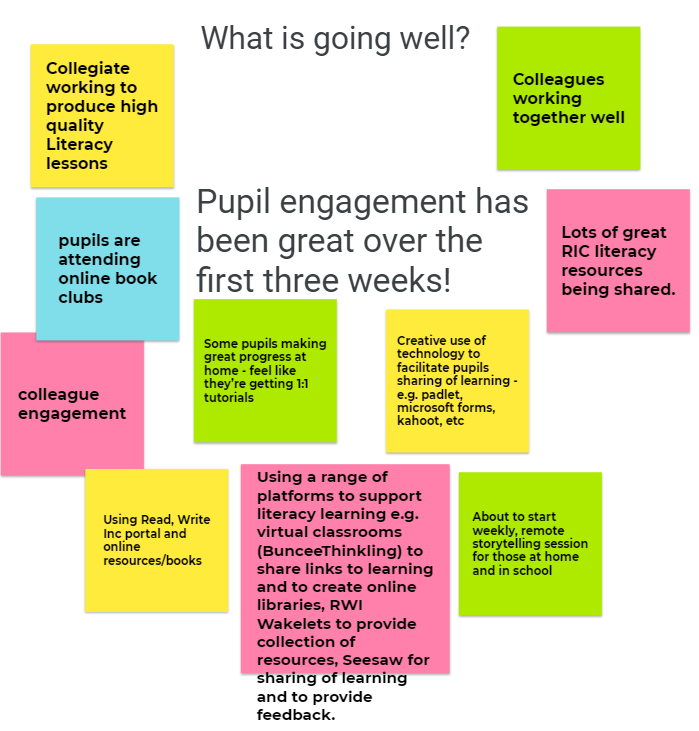
This blog post shares recent developments regarding literacy and English in our authority and within our Forth Valley and West Lothian Regional Collaborative. It then lists the professional learning opportunities which will be available April to June 2021.
News:
Our literacy network met on 2nd February 2021 and discussed:
- how to build on the very successful staff development day professional learning session about writing.
- how we could support teacher judgement and confidence in assessing literacy during the remote-face-to-face transition phase
- how we might support and co-ordinate moderation across clusters and the authority using existing or new portals with professional learning
- the grammar and other online sessions provided by Dr Kylie Bradfield – what we gained from these and how the recordings could be shared more effectively (Click here to view an example)
- what the gaps in pupil literacy learning might be upon return to school-based learning and what we could do to help
We used Google Jamboard (image above) to capture what was going well at that stage in remote literacy learning.
Our Learning Resource Service Teacher book clubs are going from strength to strength enabling teachers to recommend texts for each other and for specific pupil needs and interests. Click here to read more about this in our LRS blog.
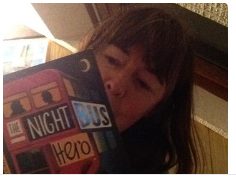
Our wonderful LRS also created and promoted a brilliant Falkirk response to World Book day. We hope you like our team photos and thank you to all who made such effective use of Twitter at the time too.
Our Literacy Strategy Refresh:
The literacy team have developed our professional learning menu in response to the initial Literacy Blether sessions we held with various groups at the start of this session. By combining this intelligence from practitioners and senior leaders with other data, focus areas emerged to inform a visual refresh of our Falkirk Literacy Strategy. Our literacy network colleagues will naturally help to shape this strategy, but contact yvonne.mcblain@falkirk.gov.uk if you want to be involved. This document will update and complement our existing Sway Strategy by indicating key messages and processes.
Our professional learning menu below indicates some of these focus areas, and also shares sessions designed with Malcolm Wilson to explore how digital tools and approaches can support teaching and learning and help unlock the literacy potential of all pupils. In March 2021, Malcolm and Yvonne co-presented a Top Tips for Teams Feedback and Assessment in literacy then a session which homed in on how to combine Sway and Microsoft Forms for literacy teaching, learning and assessment. Sessions LIT 10, 13 & 14 below all explore how specific digital tools can support practitioners as they adapt their practice during the return to classroom-based teaching. You may also want to click here to visit the Education Scotland Digilearnscot Literacy Support video library.
West OS Literacy support videos
William Brown, development officer for West OS gave a short presentation at the most recent FVWL RIC literacy meeting. He highlighted how this collection of 10 minute micro lessons could be used independently by pupils, or as learning/teaching tools by practitioners. These teaching and learning resources are being developed as a long term national support tool and have a wide range of teacher-produced, quality-assured literacy videos from early level up through the broad, general education. Once logged into Glow and West OS via ClickView, click here to view an example of a video for early learners designed to develop reading visualisation skills. William explained that these materials provide standalone learning activities in or out of the classroom and have proven valuable for many learners including those in self-isolation, with English as an additional language or hearing impaired children and young people (most videos also have closed captions). Although there is a very wide library of videos, William would be glad to hear from practitioners who would like to create/submit their own micro-lessons (arrangements for payment for this work are in progress). Contact inwbrown001@glowmail.org.uk for further information.

Professional Learning Opportunities:
Falkirk:
LIT 10-2021 – 26.4.21 – Let’s talk about unlocking pupil potential – creating texts across the curriculum using digital tools (speech to text & read aloud) This is an opportunity to explore how tools such as Immersive Reader can support pupil progression and attainment in literacy – particularly creating written texts. 4-5.30 pm.
LIT 11-2021 – 6.5.21 – Let’s talk about reading – resources. This is a staff development day session for primary and secondary support for learning assistants. 9.15 – 12 noon
LIT 12-2021 – 7.5.21 – Let’s talk about reading – challenges and support. This is a staff development day session for primary and secondary support for learning assistants which explores reading difficulties, shares approaches for supporting readers through adult/pupil paired reading strategies, and provides a forum for sharing, discussing and asking questions about reading. 9.15-12 noon.
LIT 13-2021 -18.5.21 – Let’s talk about unlocking pupil potential – supporting independent reading for research across the curriculum using digital tools (Immersive reader – converting texts, screen reader, simplified layout, Office Lens) This is an opportunity to explore how these tools can support pupil progression in reading for information and understanding. 4-5.30 pm
LIT 14-2021 – 27.5.21 – Let’s talk about unlocking pupil potential – supporting pupils to be clear, expressive and confident when communicating & presenting using digital tools ( Power Point Live & Presentation Coach) This professional learning is for practitioners working in primary, secondary and ASN settings. 4-5.30 pm.
LIT 15-2021 – 1.6.21 – Let’s talk about how our schools are using Reciprocal Reading strategies. This professional learning is for practitioners and senior leaders who have attended training in Reciprocal Reading and/or have been using/developing this reading comprehension approach in their setting. It is designed as an opportunity to promote sharing of useful practice and reflection upon the impact of the approach so far. It also offers a chance for colleagues from different schools to begin to form useful networks around this and other reading approaches and strategies. 4-5.15 pm.
Forth Valley & West Lothian RIC:
RIC LIT 15 – 20.4.21 – Collaborative Literacy in Early Years Session 2
RIC LIT 14 – 21.4.21 – Helicopter Stories for early years and primary practitioners
RIC LIT 20 – an introduction to Reciprocal Reading strategies (this is a repeat of previous opportunities as requested by our schools)
RIC LIT 18 – 28.4.21 – Greg Bottrill session on his message centre approach to early writing
RIC LIT 21 – 13.5.21 – Reciprocal Reading session 2 – part of the extended training in Reciprocal Reading offered by Dr Janet Adam. This session will focus on the importance and role of Think Alouds and pupil meta-cognition when modelling and teaching these reading strategies. It will be co-presented by Dr Kylie Bradfield of Stirling University.
RIC LIT 22 – 25.5.21 Reciprocal Reading session 3 – the final part of the extended training in Reciprocal Reading offered by Dr Janet Adam. This session will focus on exploring approaches and good practice in the use of this approach to reading comprehension.
RIC LIT 23 – 27.4.21 – Writing Bubbles Webinar 3.15-4.15 pm
RIC LIT 24 – 4.5.21 – Collaborative Literacy in Early years session 3
RIC LIT 25 – 11.5.21 & 25.5.21 – Collaborative Literacy – Literacy through Play (Colleagues from Airth PS will co-deliver these sessions) 4-5 pm.
Click here to view the Sway March 2021 update from our FVWL RIC – it contains further detail in the Literacy section about the events and developments listed here.
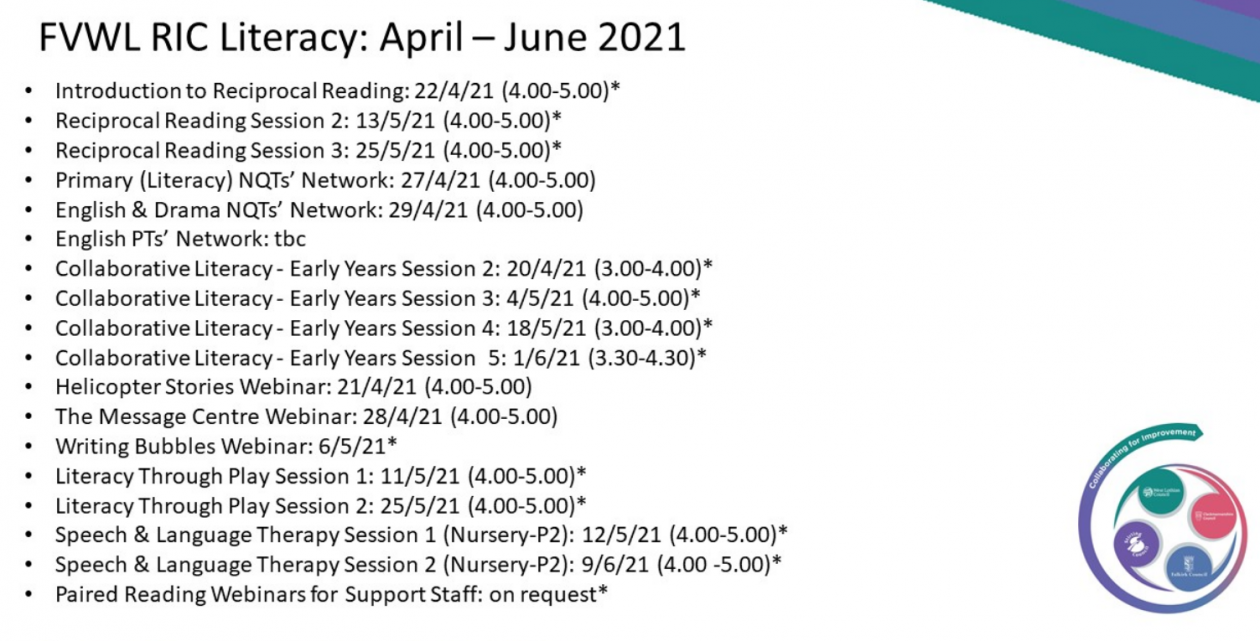



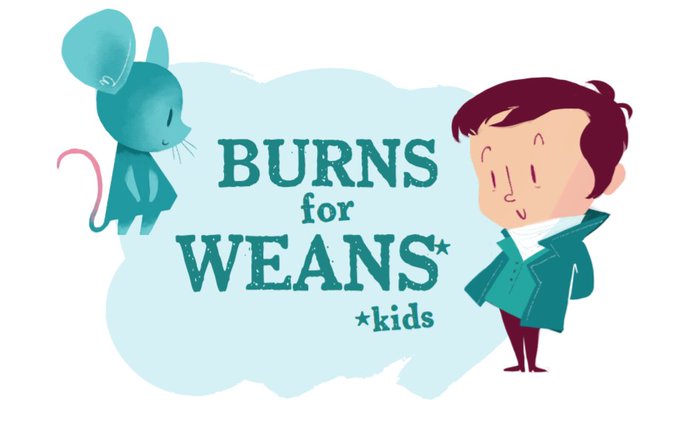

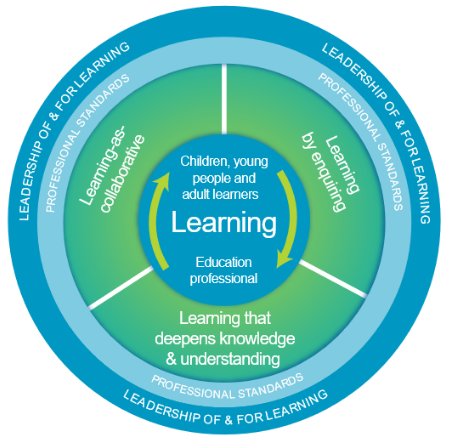
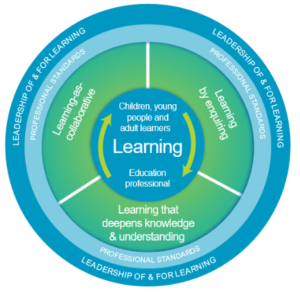 Falkirk Children’s Services Literacy Team would like to wish all colleagues a Happy New Year and heart-felt good wishes for 2021. This succinct post collates sources of support for remote literacy teaching and learning from local, regional collaborative and national sources. Please contact us using the email details at the end of this post for further support or to share other valuable sources with Falkirk colleagues.
Falkirk Children’s Services Literacy Team would like to wish all colleagues a Happy New Year and heart-felt good wishes for 2021. This succinct post collates sources of support for remote literacy teaching and learning from local, regional collaborative and national sources. Please contact us using the email details at the end of this post for further support or to share other valuable sources with Falkirk colleagues.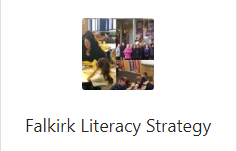




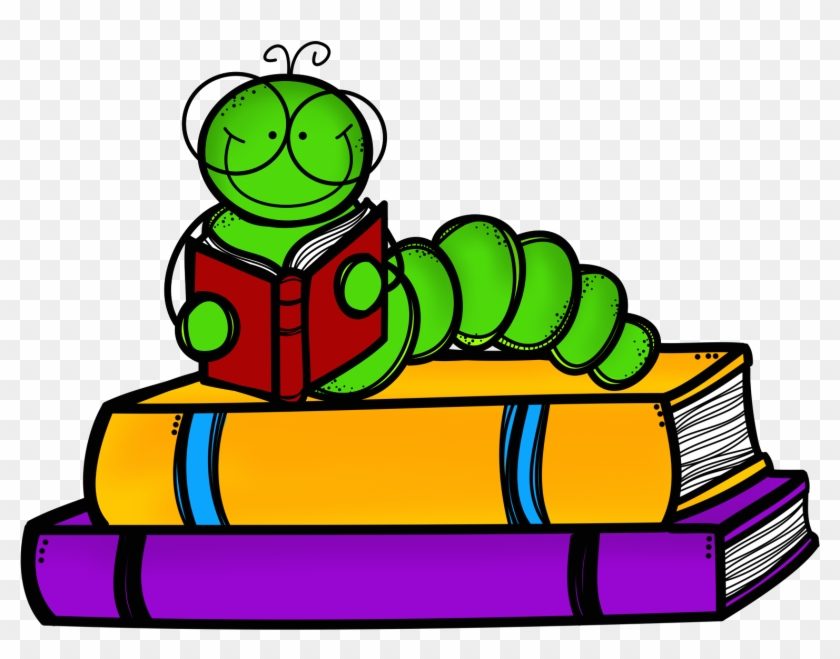

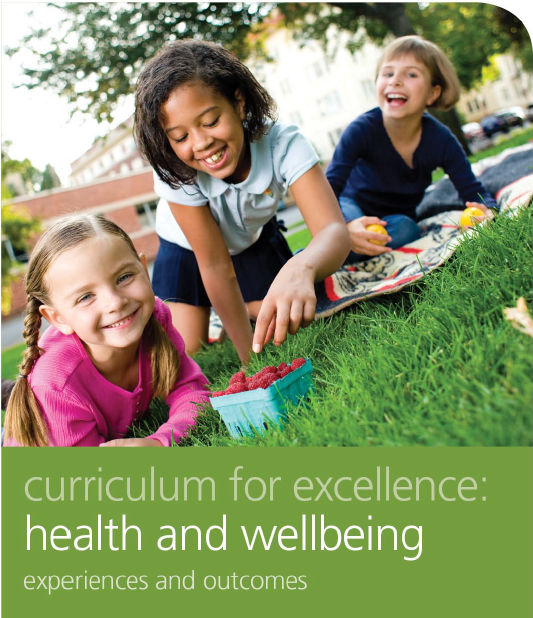
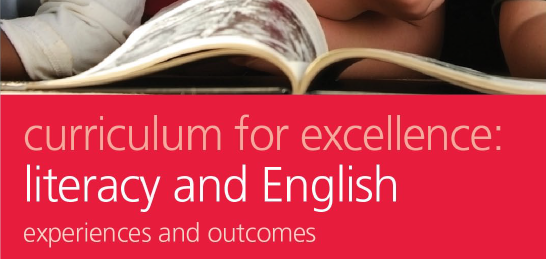
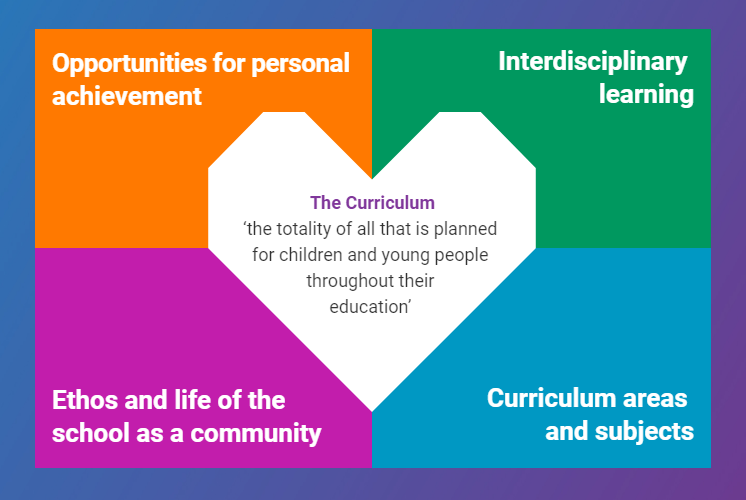
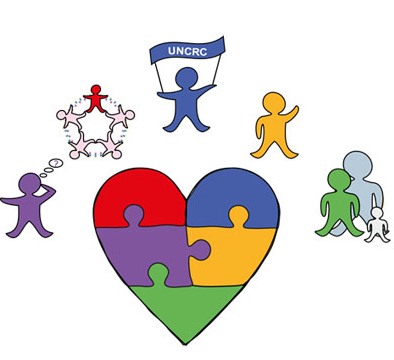
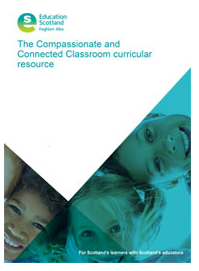
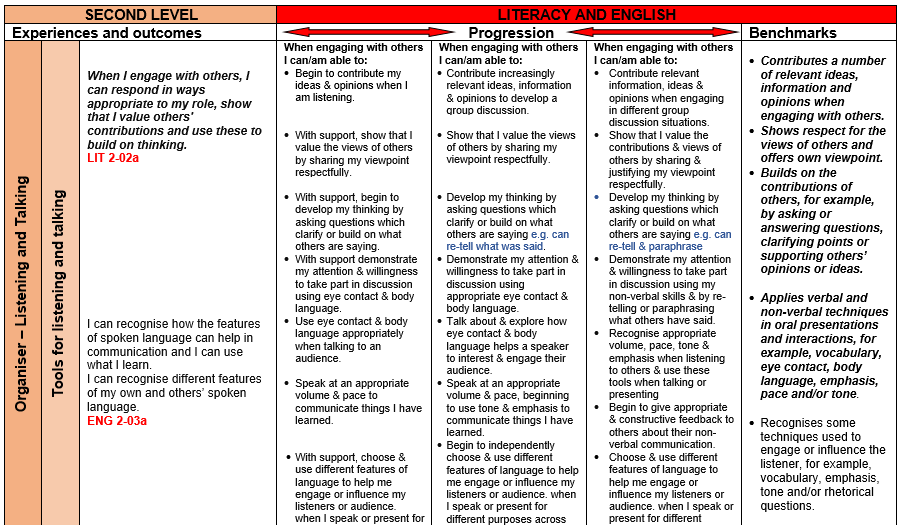
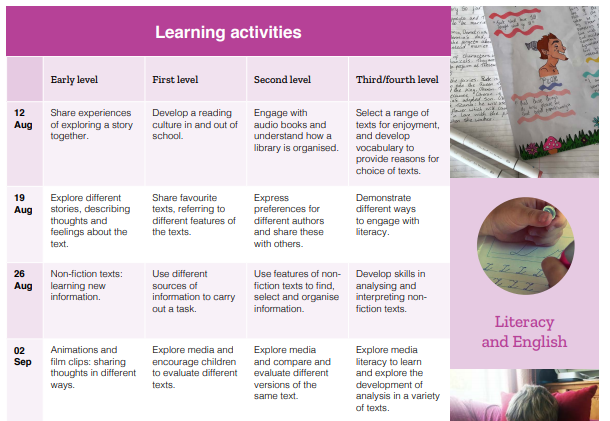
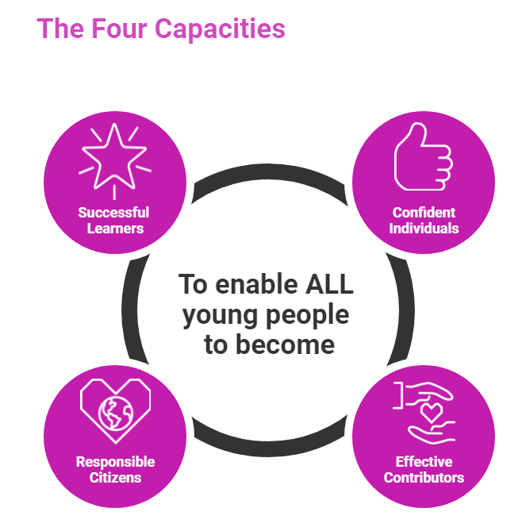

 This blog post shares the second family literacy learning pack created by Falkirk Children’s Services Literacy Team during school closures caused by coronavirus. We hope it gives Falkirk families a fun way to learn together while dreaming of better times when we can go anywhere we like! 🙂
This blog post shares the second family literacy learning pack created by Falkirk Children’s Services Literacy Team during school closures caused by coronavirus. We hope it gives Falkirk families a fun way to learn together while dreaming of better times when we can go anywhere we like! 🙂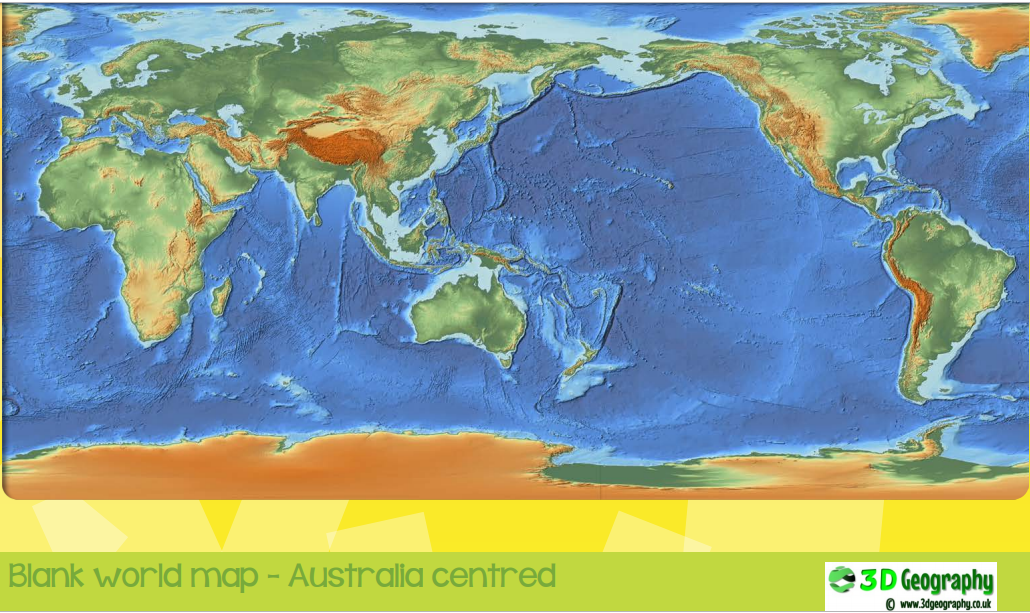
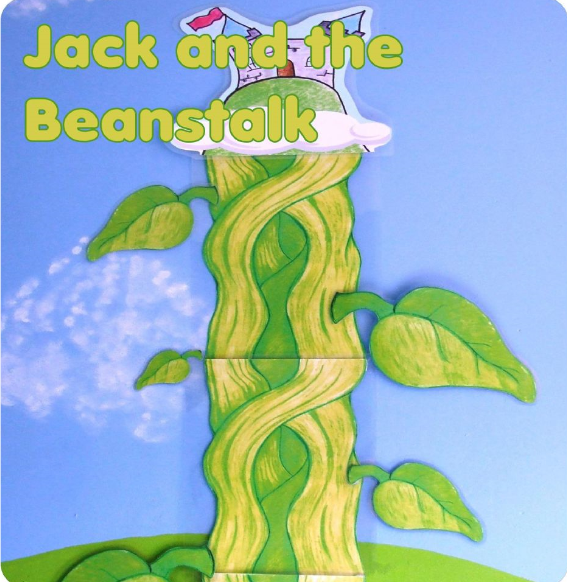
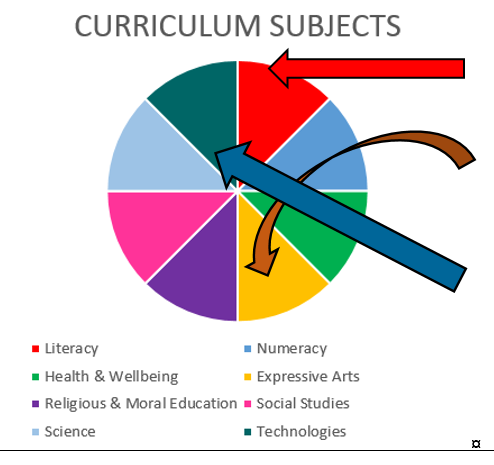
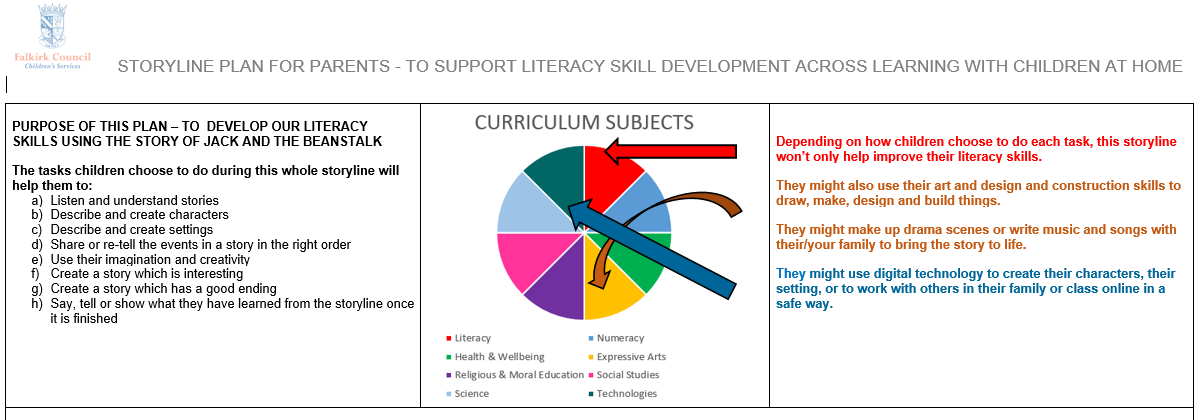
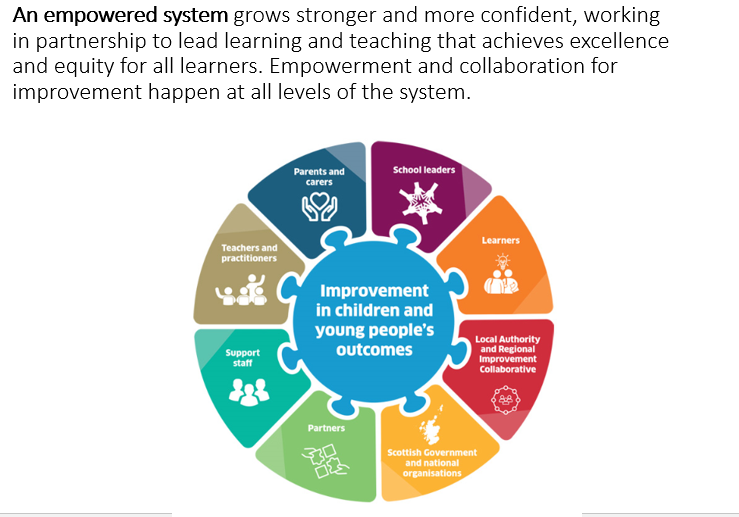
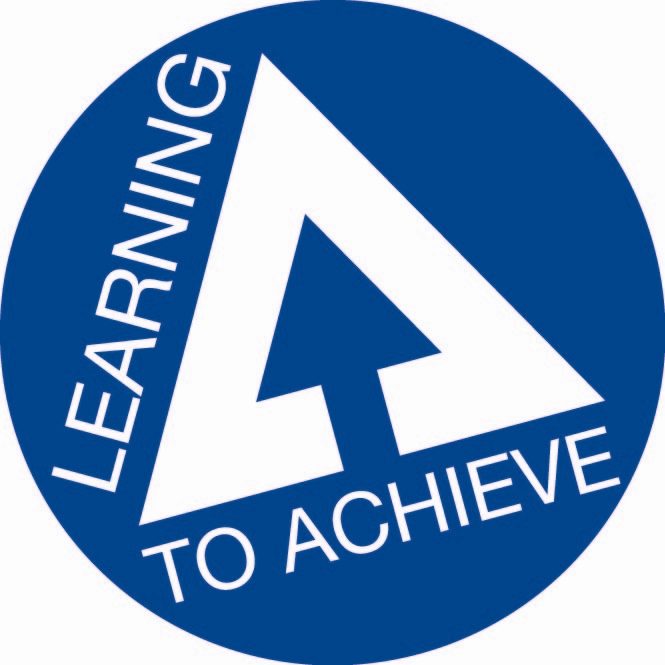
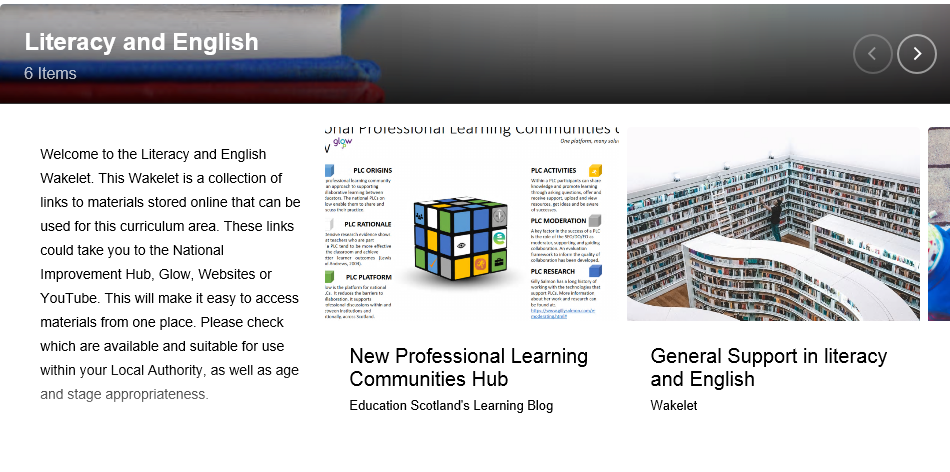
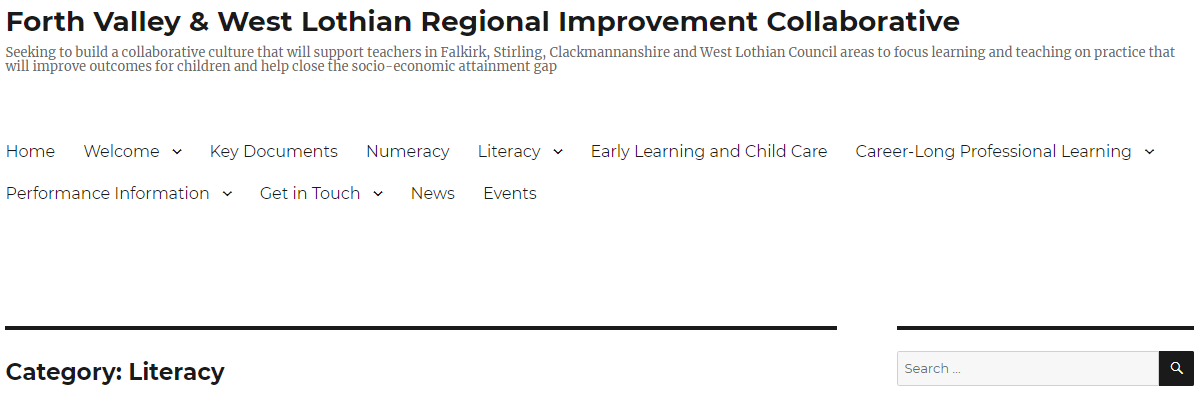
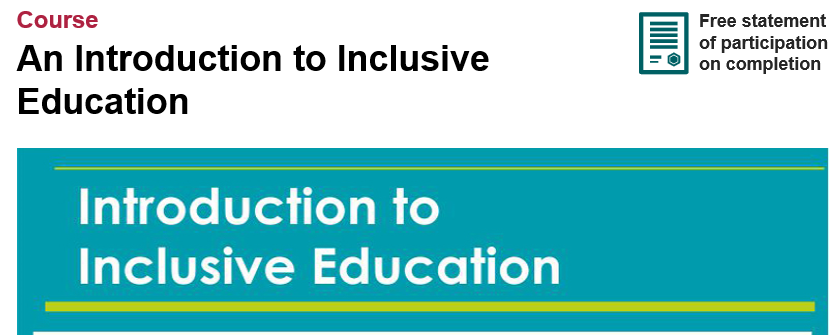
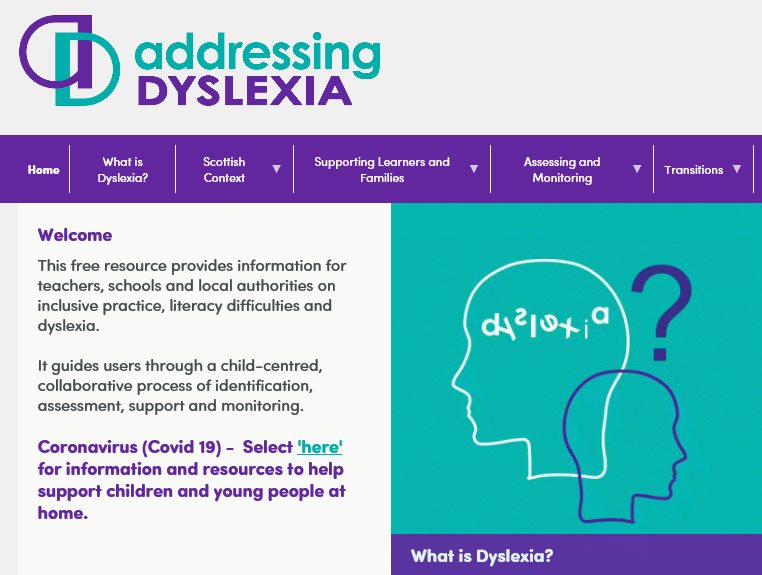 Click
Click 